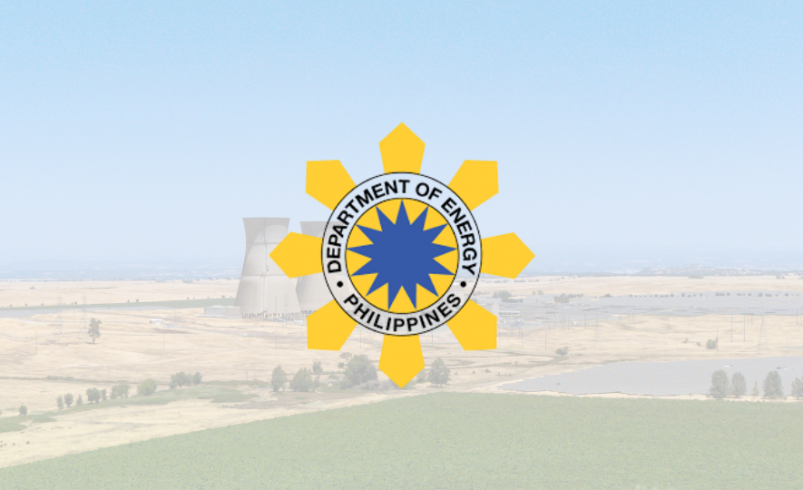PH calls on scientists, engineers to help power nuclear push by 2032
- October 28, 2025
- 0

The Philippines is stepping up efforts to build its first operational nuclear power plant by 2032, with the Department of Energy (DOE) urging Filipino scientists, engineers, and energy professionals to take part in shaping the country’s emerging nuclear program.
The DOE-led Nuclear Energy Program–Inter-Agency Committee (NEP-IAC) convened more than 150 participants from universities, the private sector, civil society, and government agencies for the third leg of the Nuclear Energy Awareness Training (NEAT), held on October 27–29 in Bonifacio Global City, Taguig.
“This undertaking provides a valuable opportunity for Filipino scientists, engineers, and energy professionals to be at the forefront of the country’s transition to a safe, sustainable, and clean energy future,” said DOE Director Patrick T. Aquino, who also heads the NEP-IAC’s Technical Secretariat.
Aquino underscored that the passage of Republic Act 12305, or the PhilAtom Law, will strengthen national initiatives to advance the Philippine Nuclear Energy Program (PNEP) through international collaboration, comprehensive policy development, and continued capacity building—while adhering to standards of the International Atomic Energy Agency.
“The overarching goal is to harness nuclear technology as a catalyst for sustainable economic development and energy security, with paramount emphasis on its safe, secure, and responsible application,” Aquino added.
Under the Philippine Energy Plan 2023–2050, the government targets to introduce at least 1,200 MW of nuclear capacity by 2032, doubling to 2,400 MW by 2035 and reaching 4,800 MW by 2050.
The NEAT provided participants with foundational knowledge on nuclear energy, including site selection for nuclear plants, radiation protection, nuclear safety, safeguards, and the regulatory framework governing licensing and operation.
“We have a vast pool of scientists, engineers, safety experts, project officers, and other professionals who can play a pivotal role in advancing one of the most ambitious undertakings of our generation. We remain deeply committed to harnessing and empowering our future nuclear professionals in pursuit of a safe, reliable and clean energy future for the country,” Aquino said.
What do you think about the Philippines’ nuclear ambitions—can the country build the expertise and institutions needed to meet the 2032 target? Join the discussion and share your insights.
Follow Power Philippines on Facebook and LinkedIn or join our Viber community for more updates.